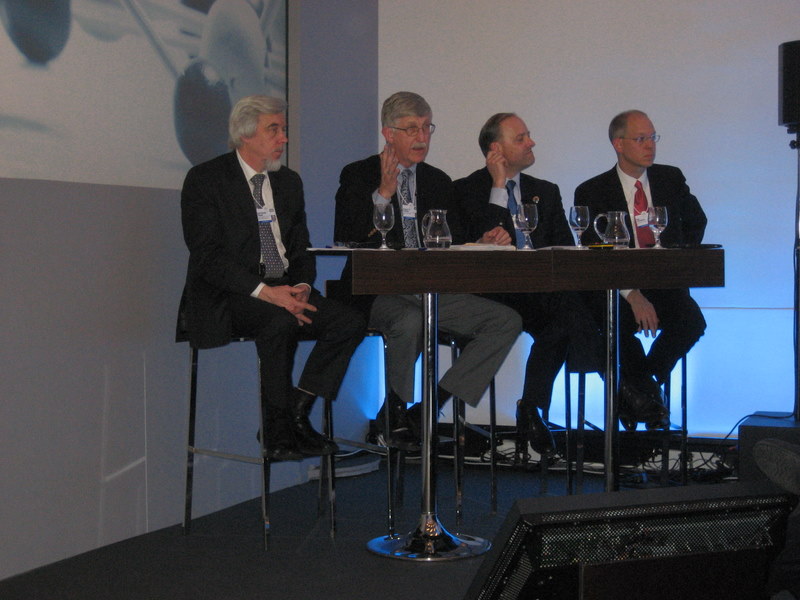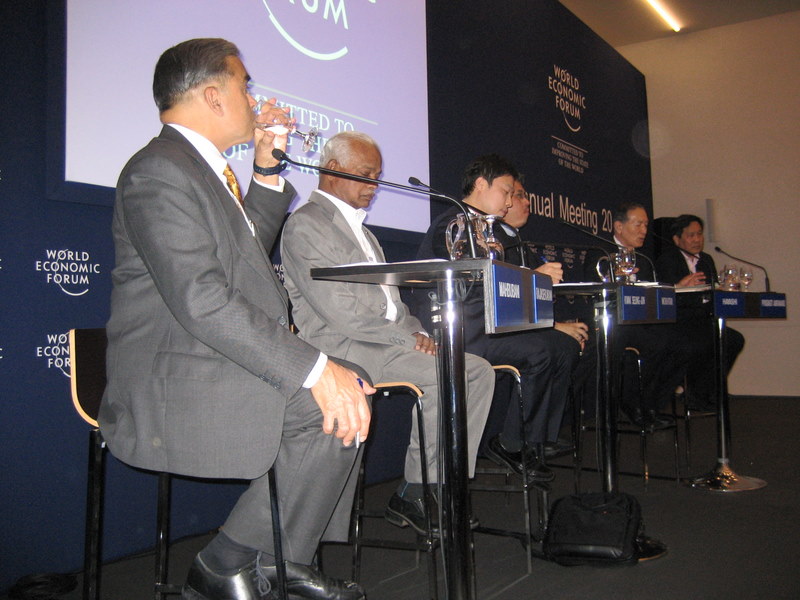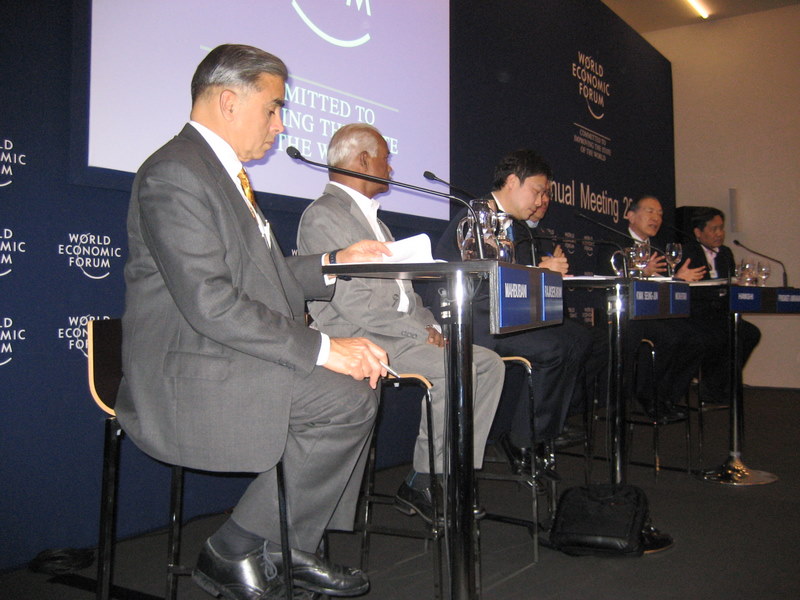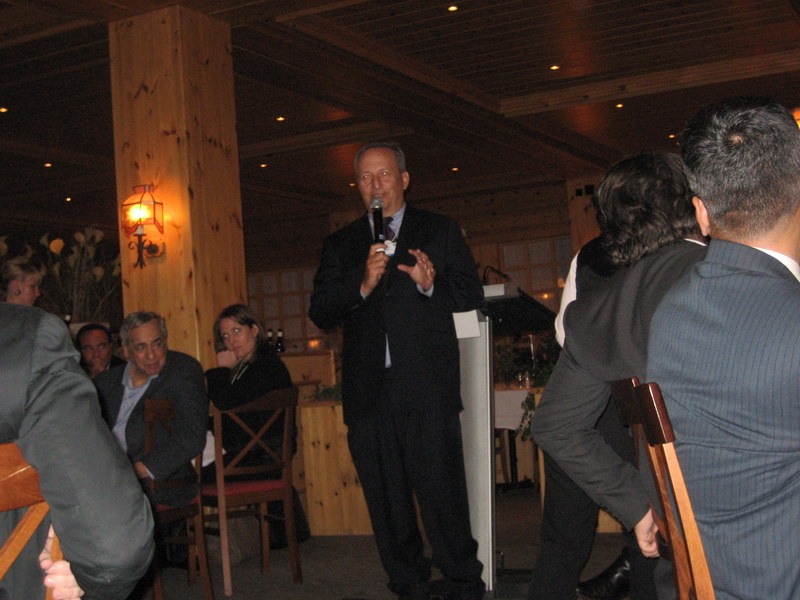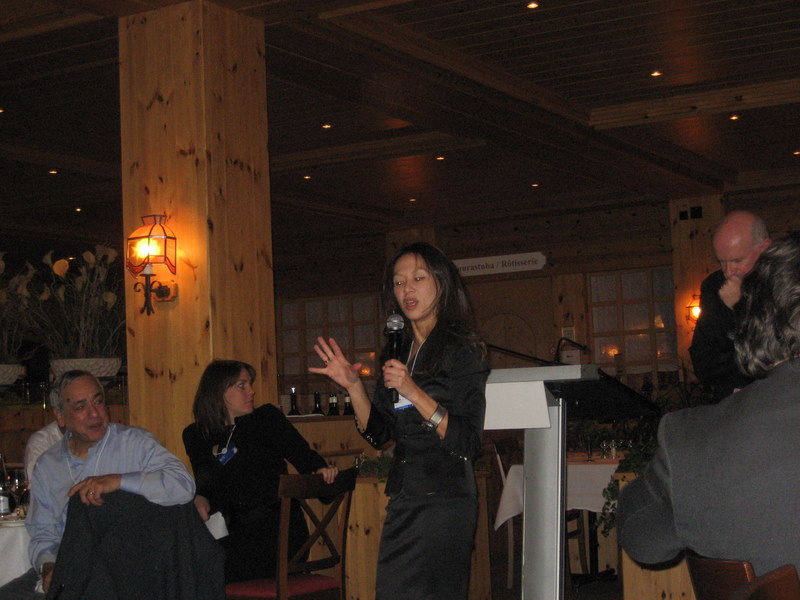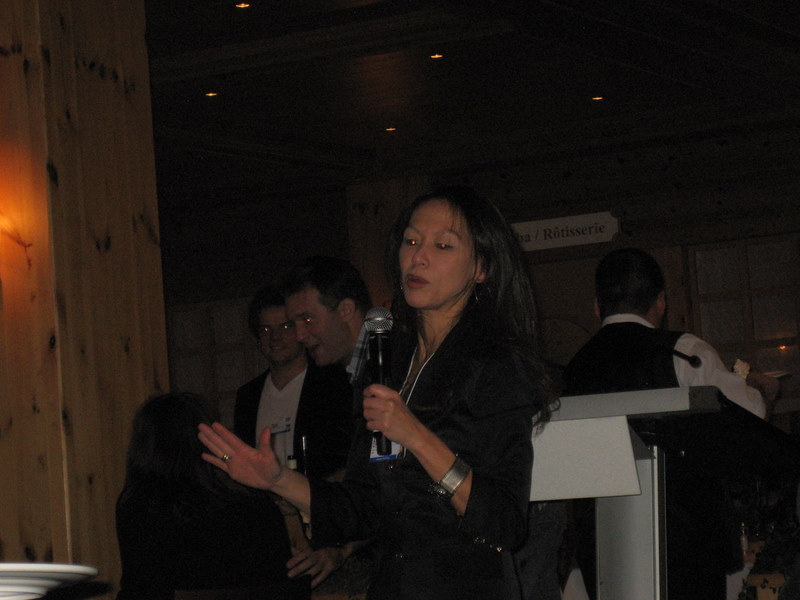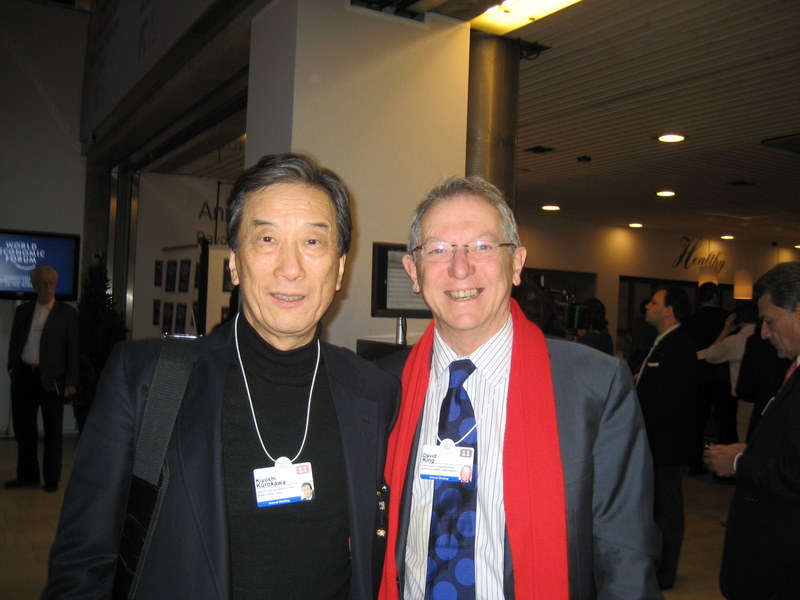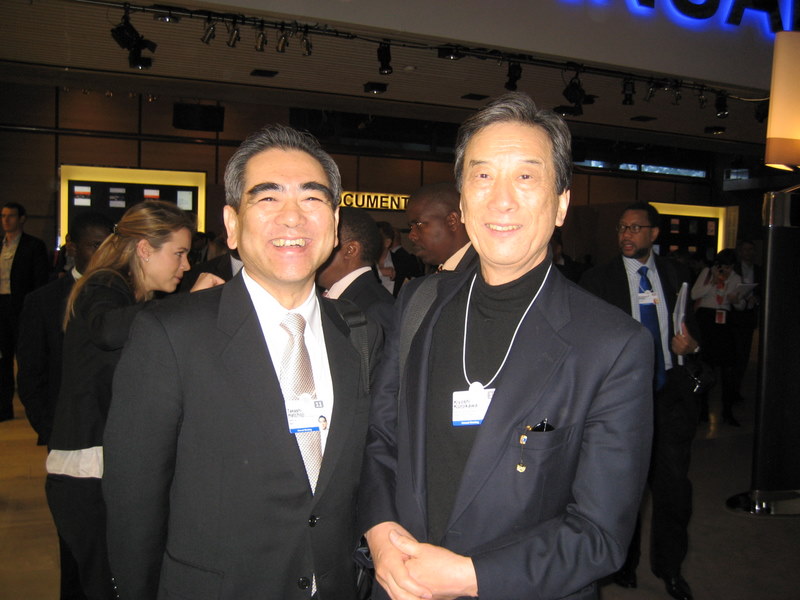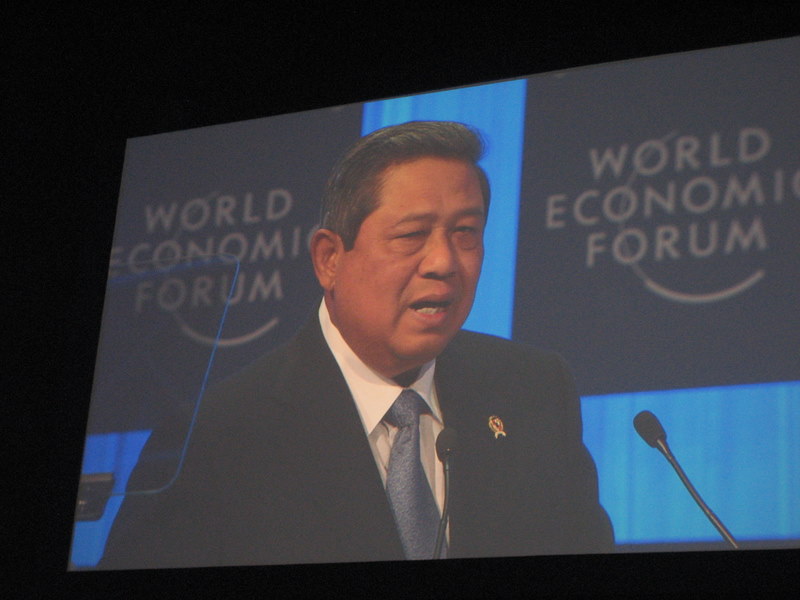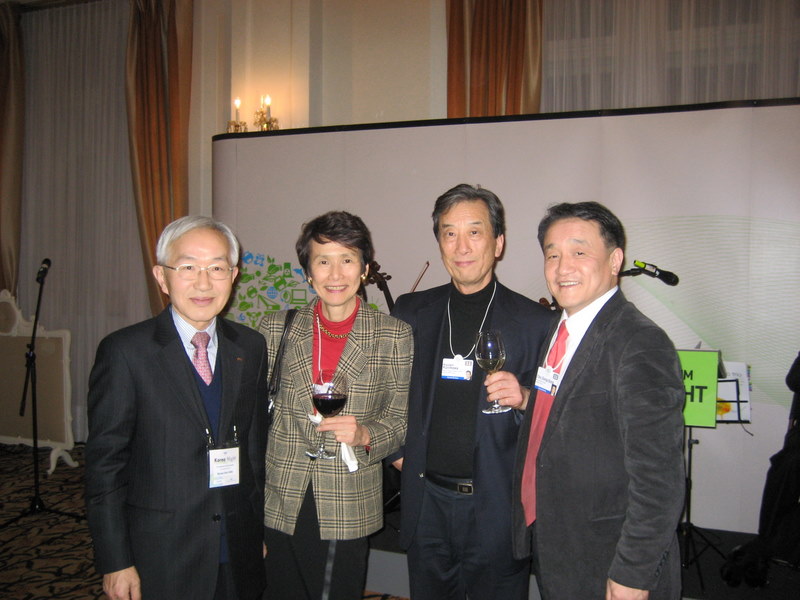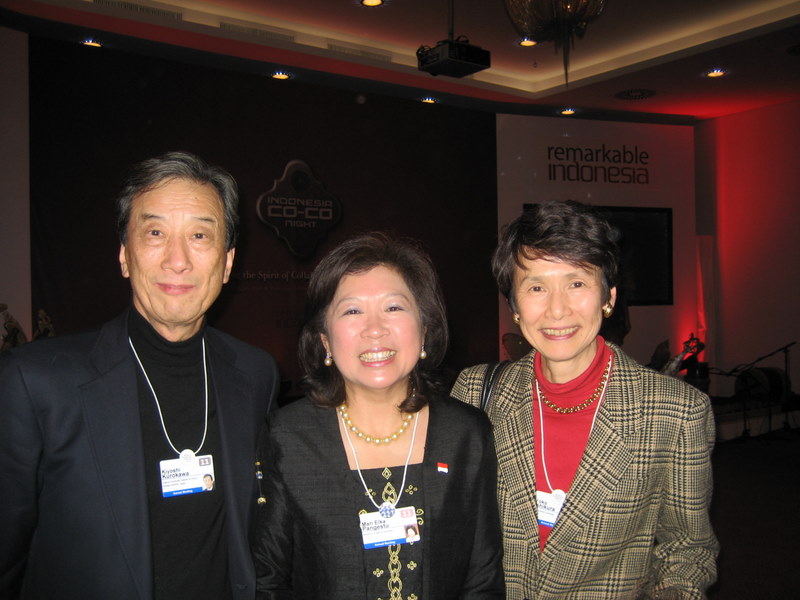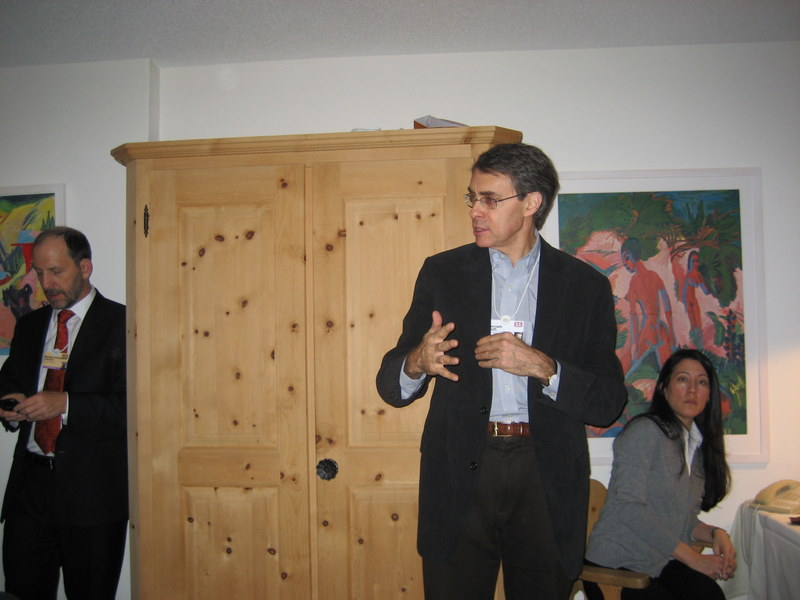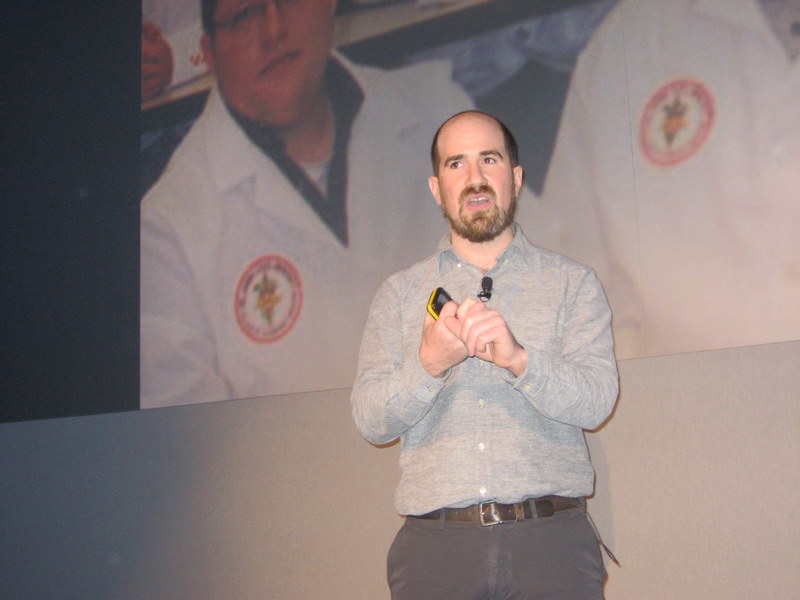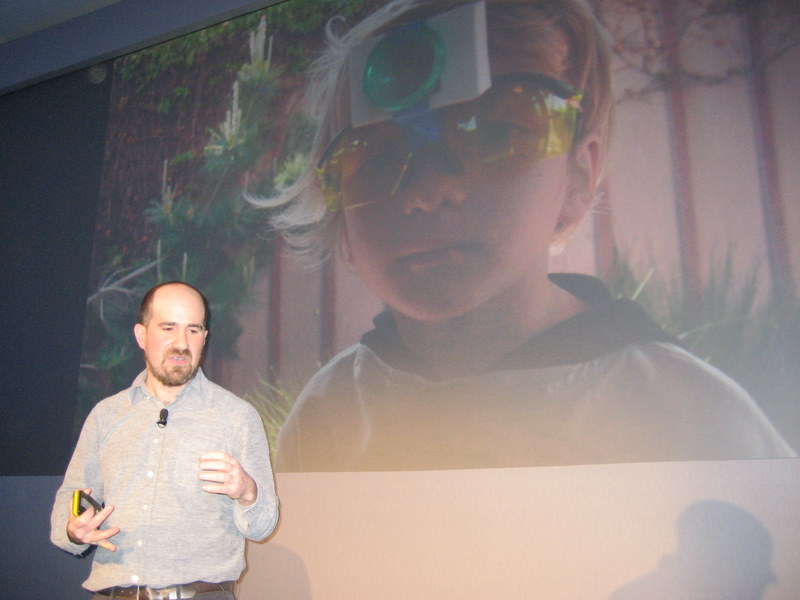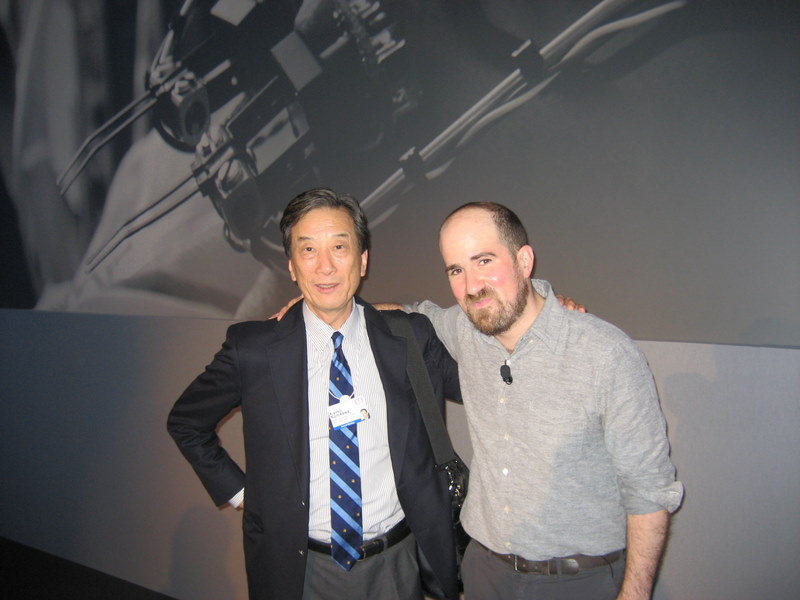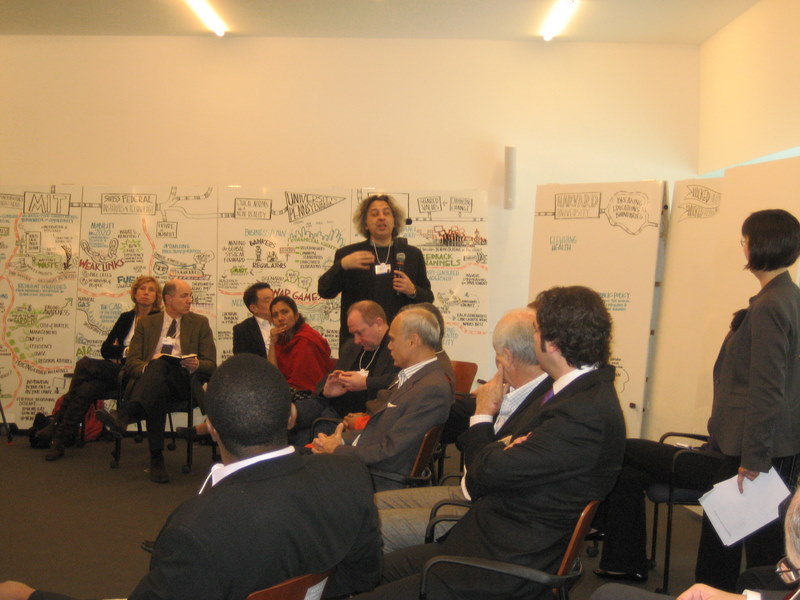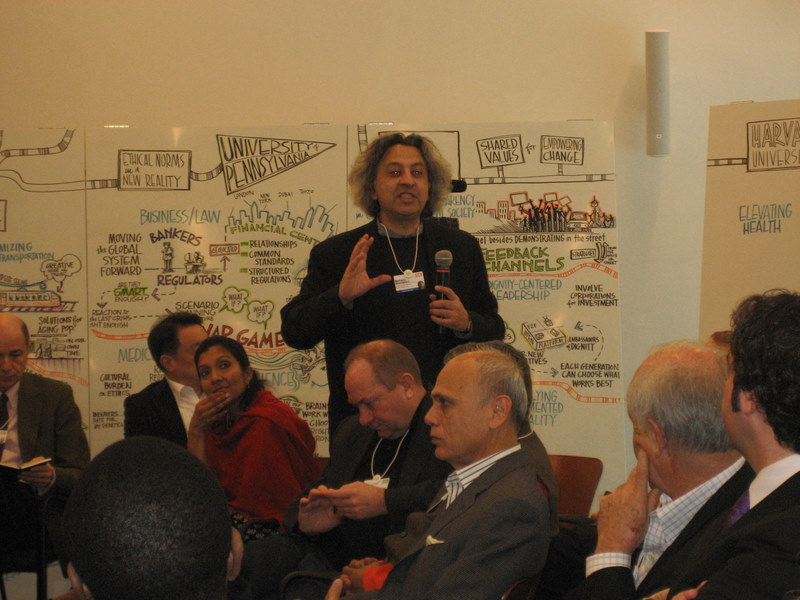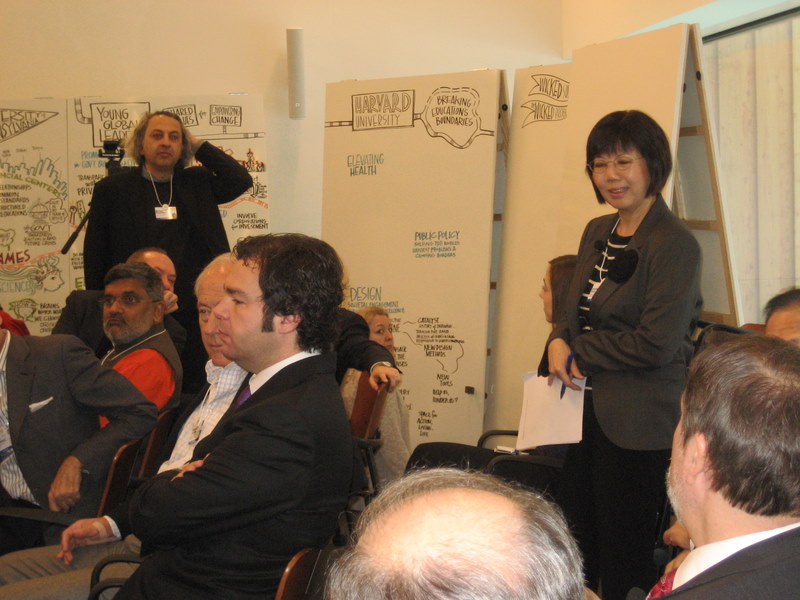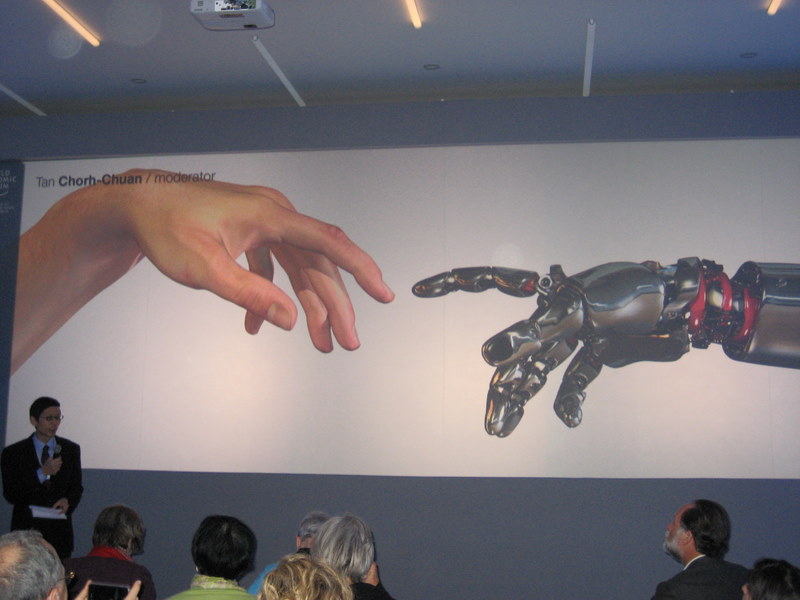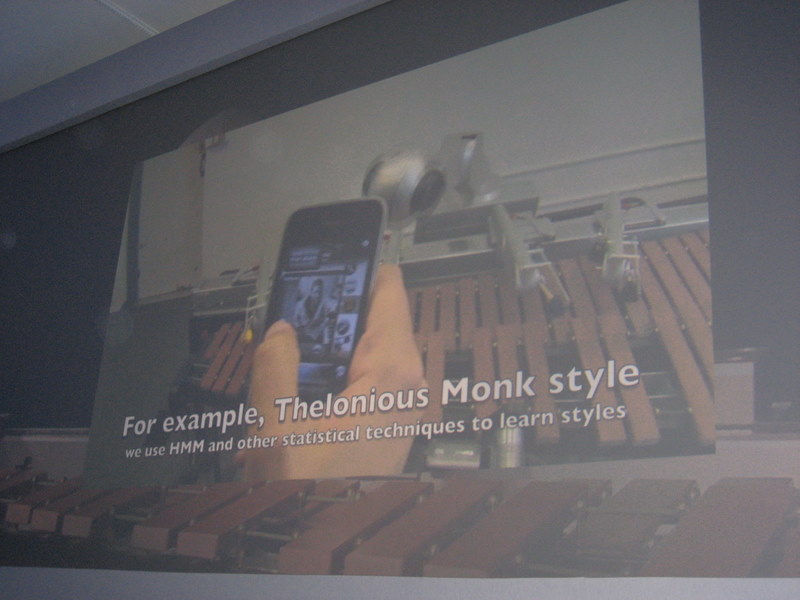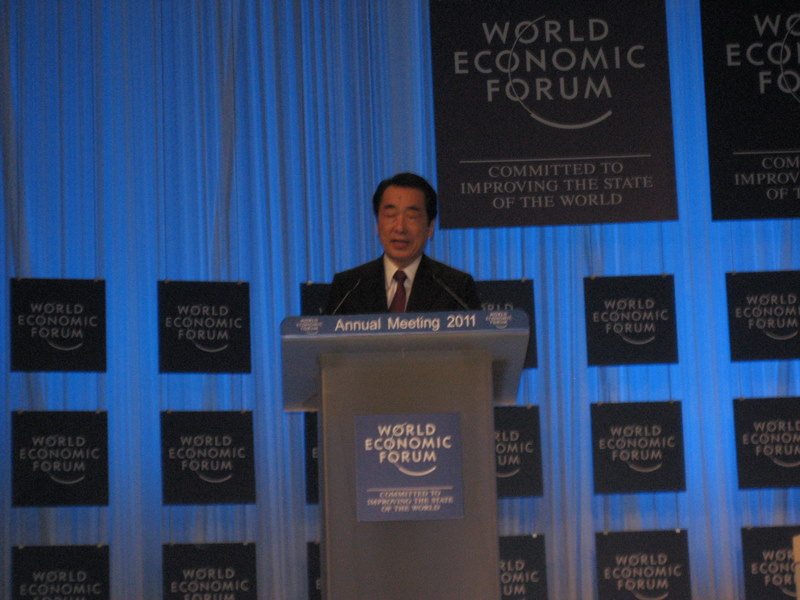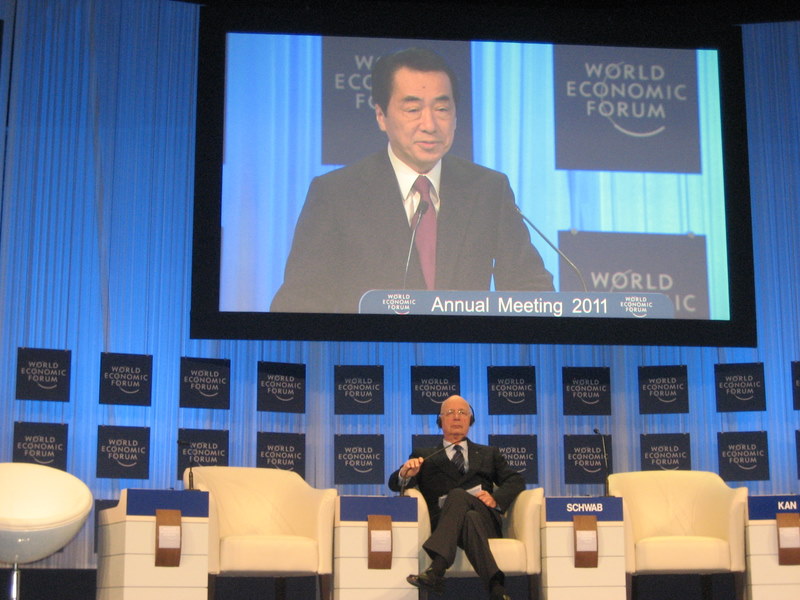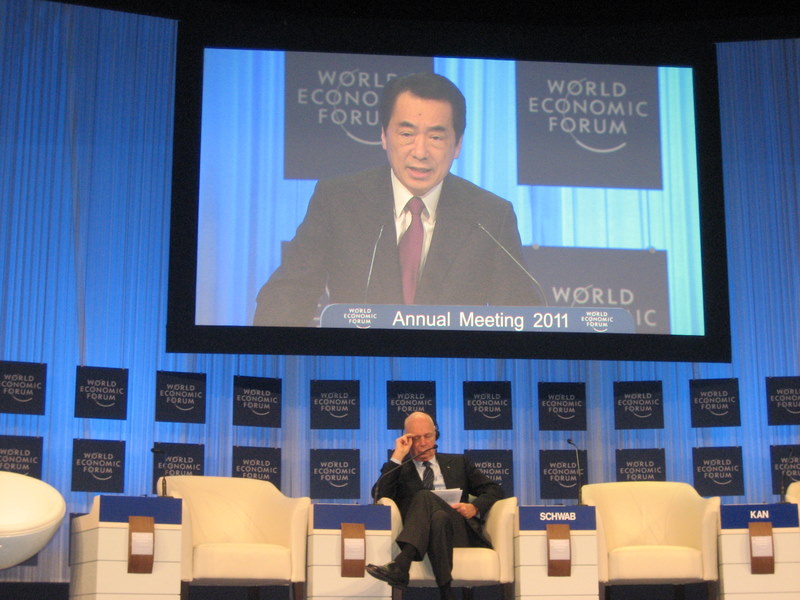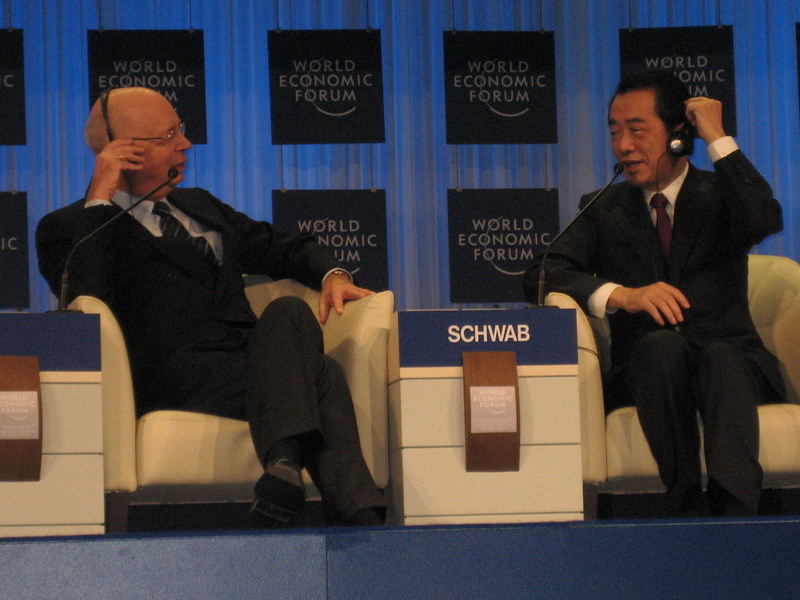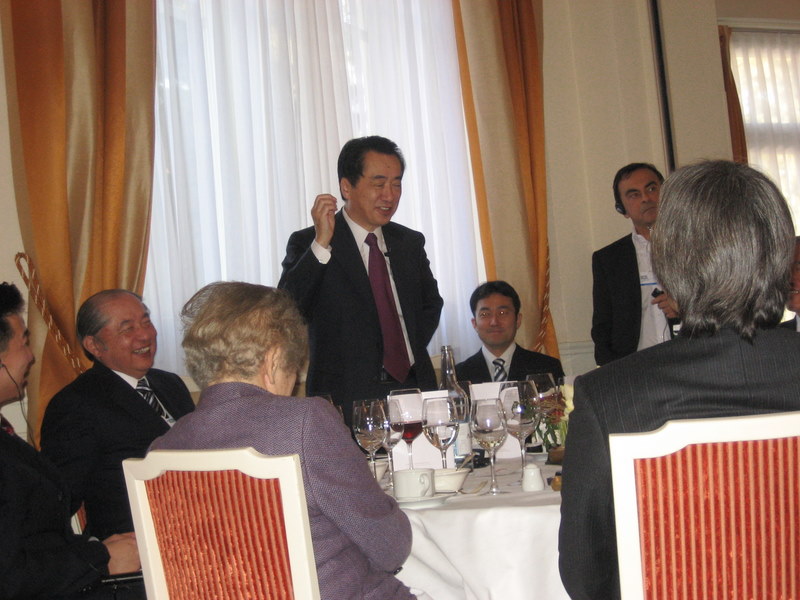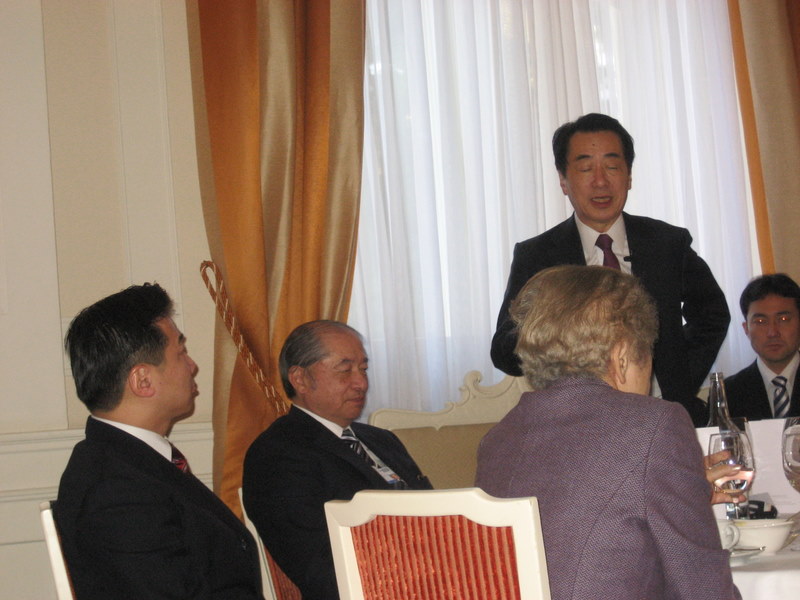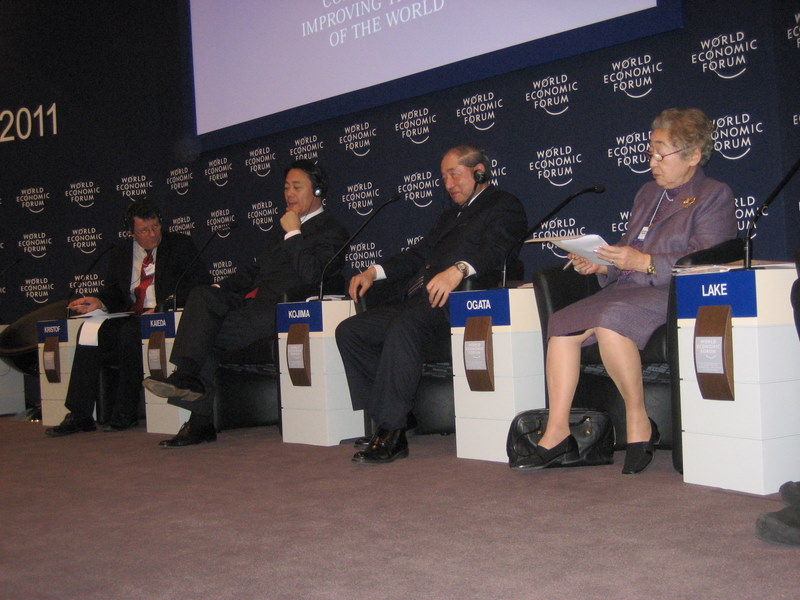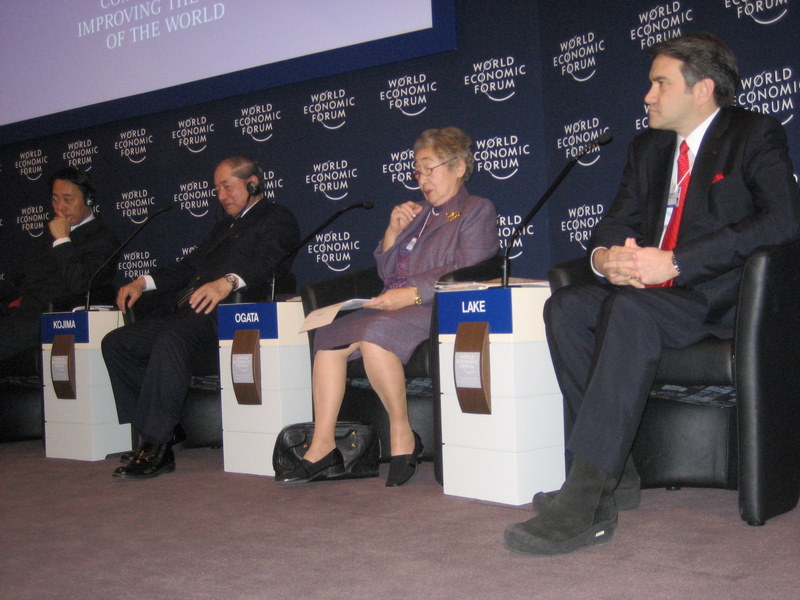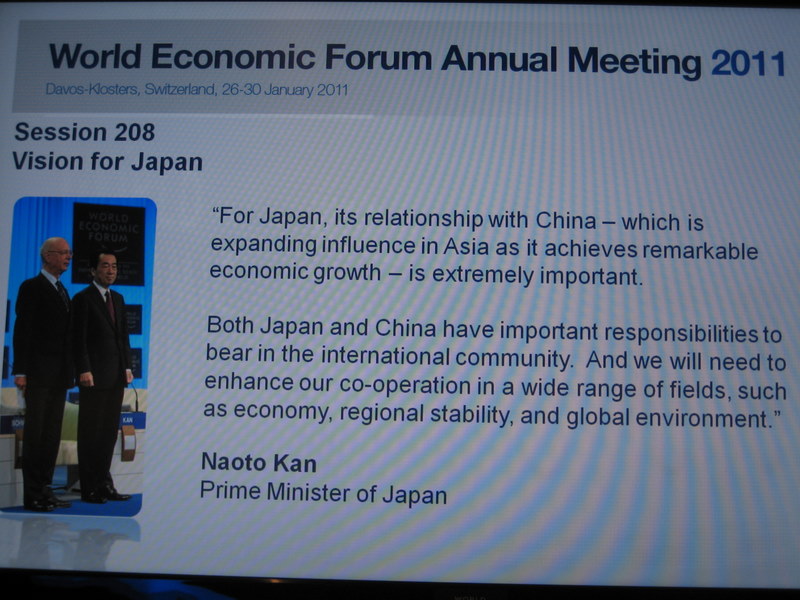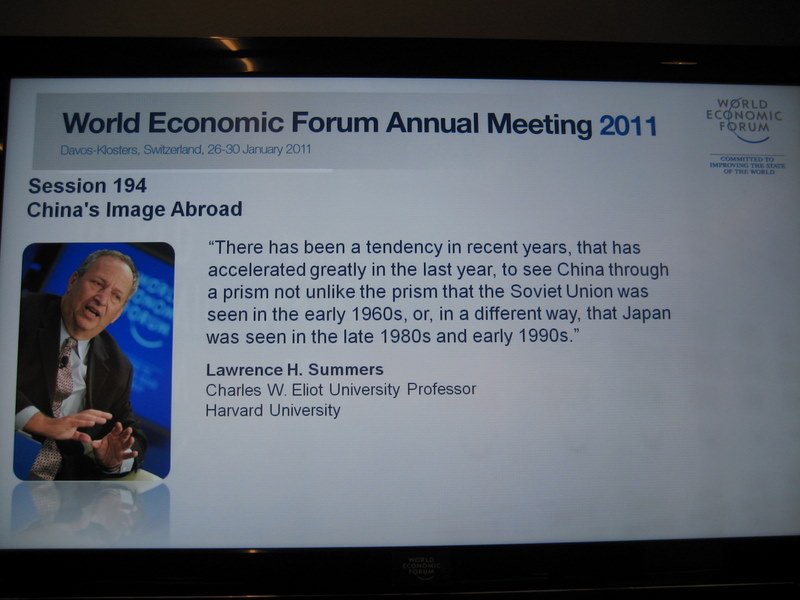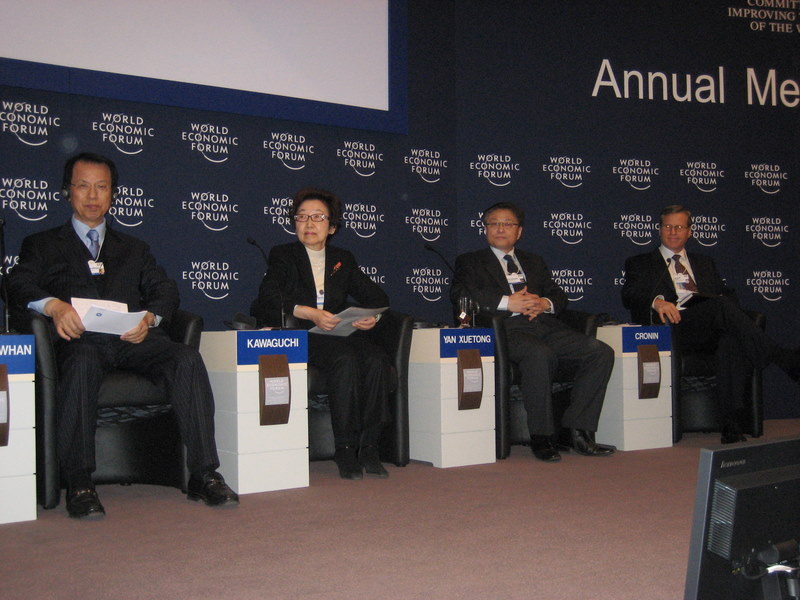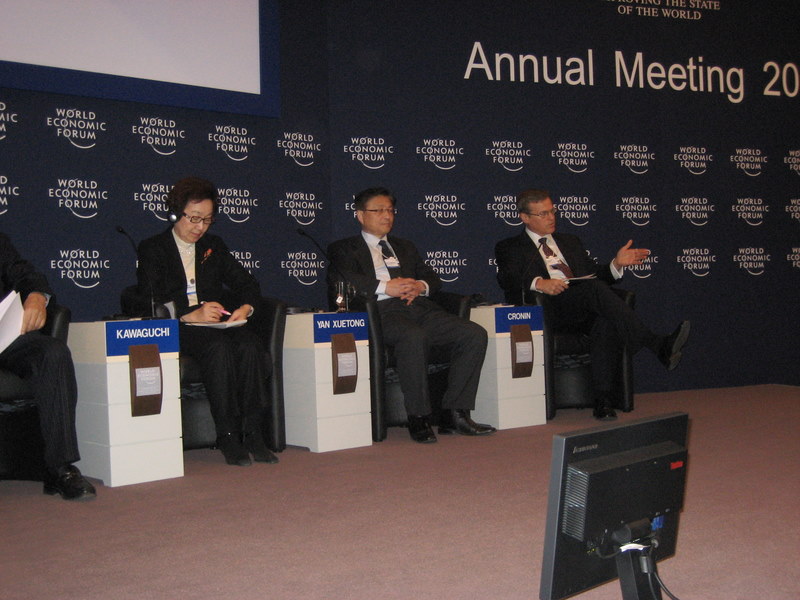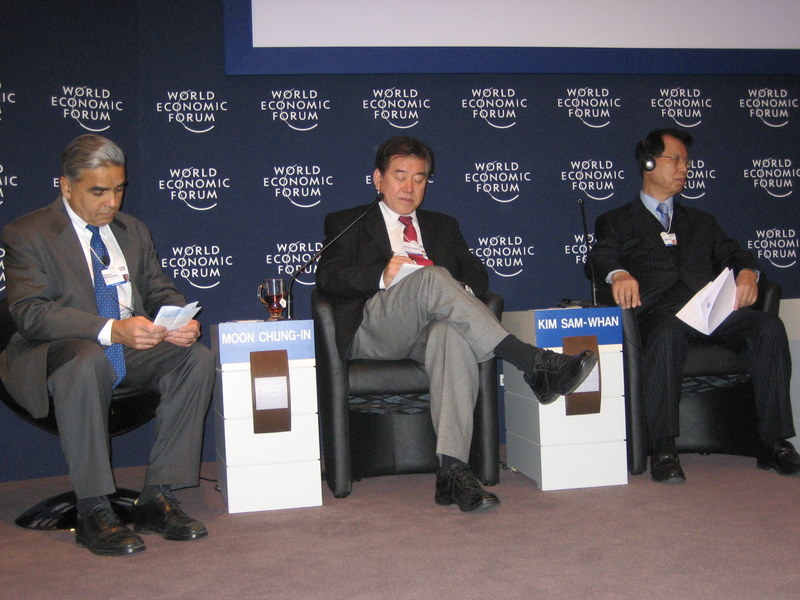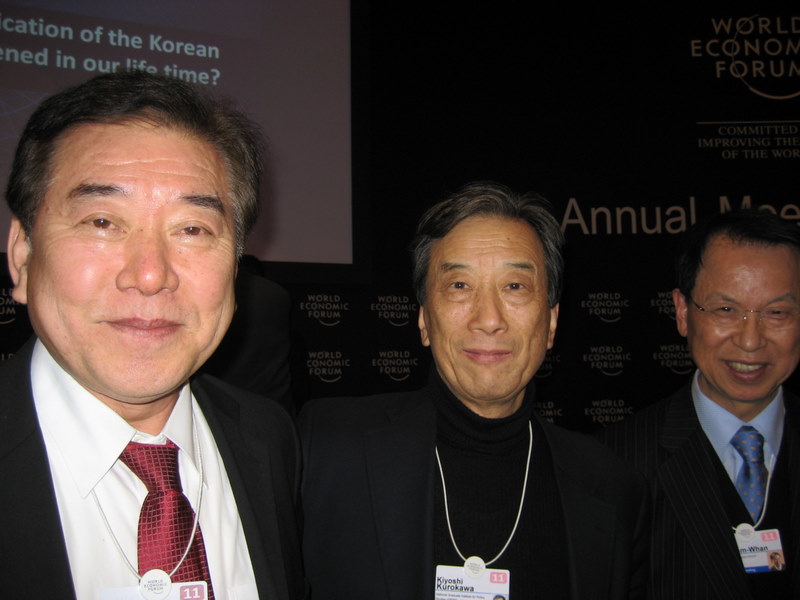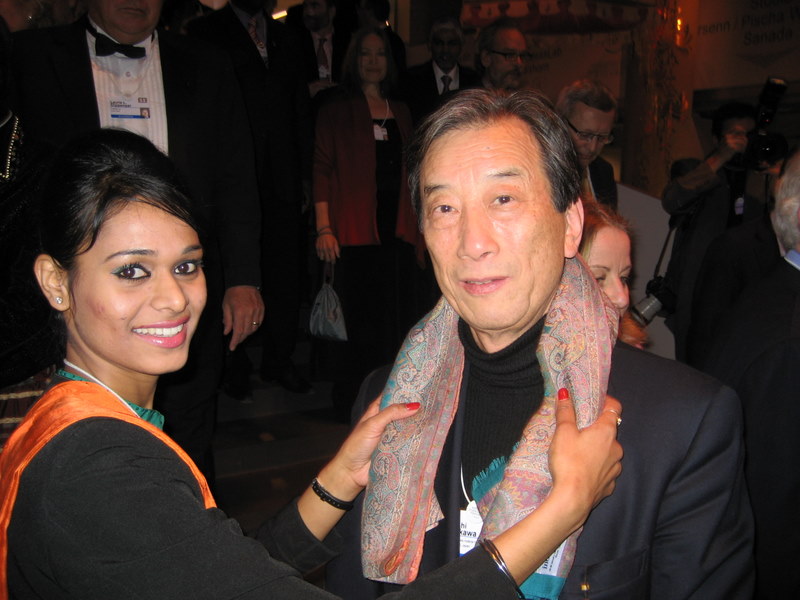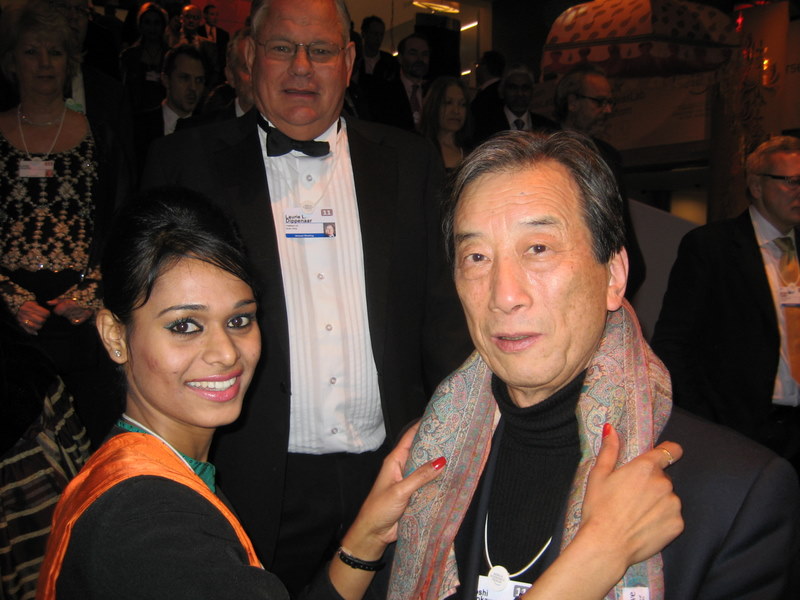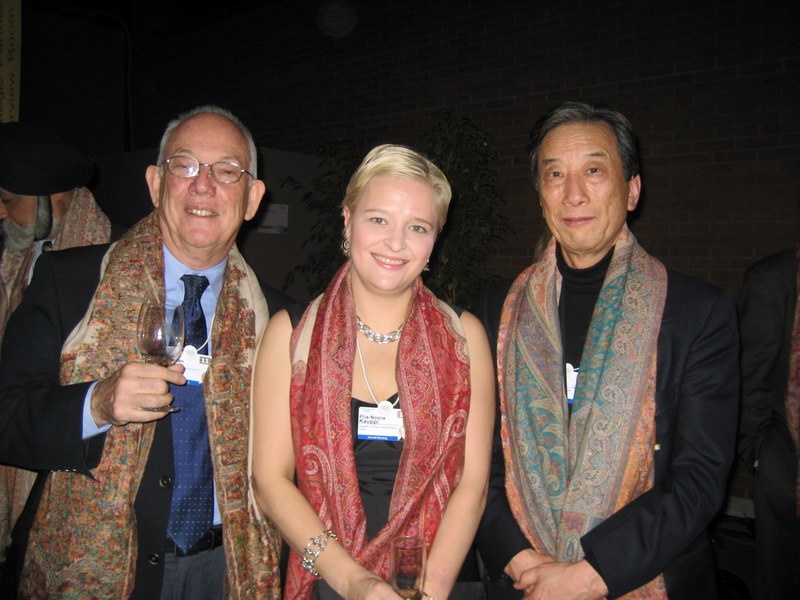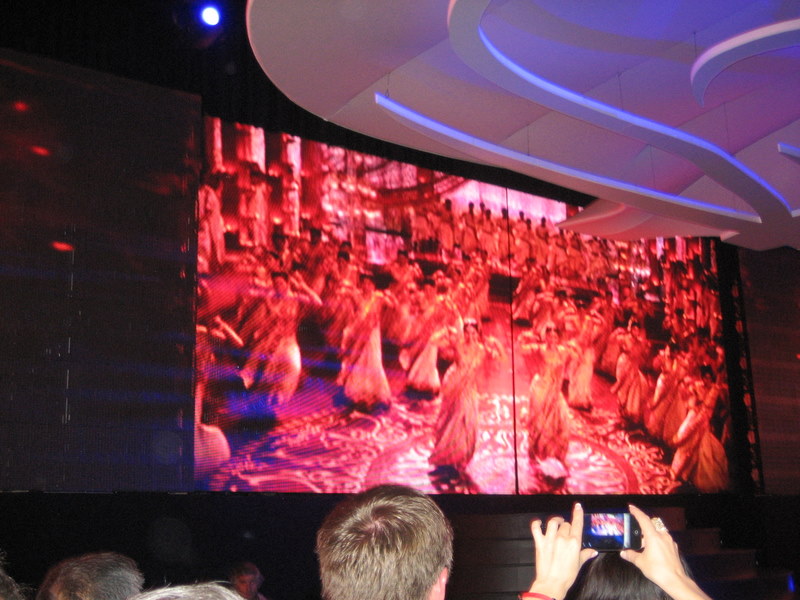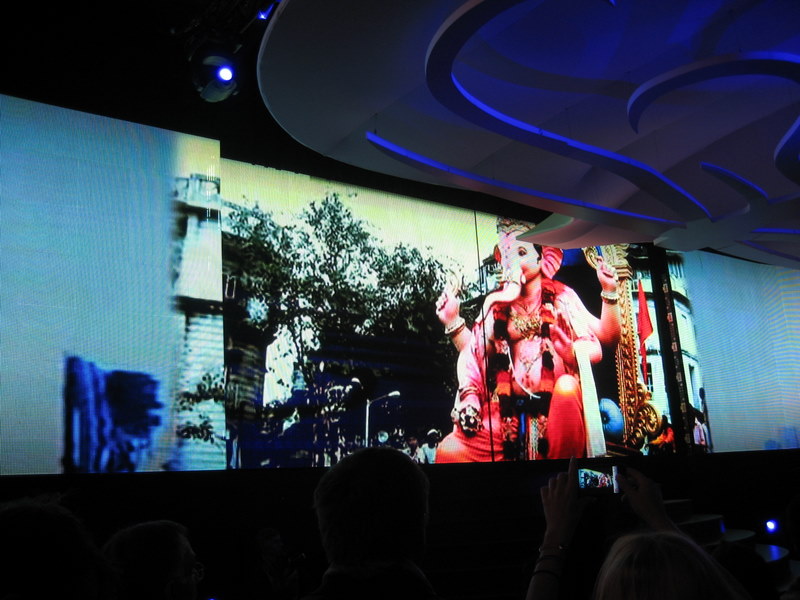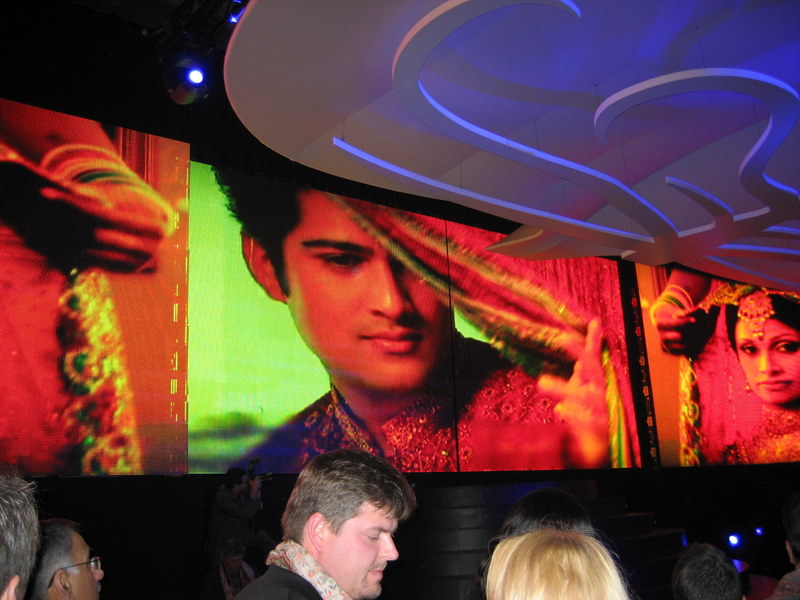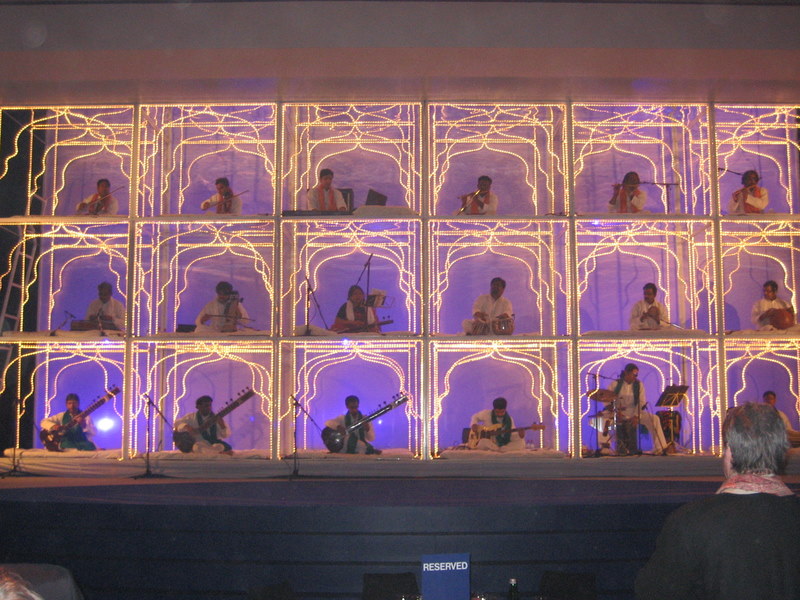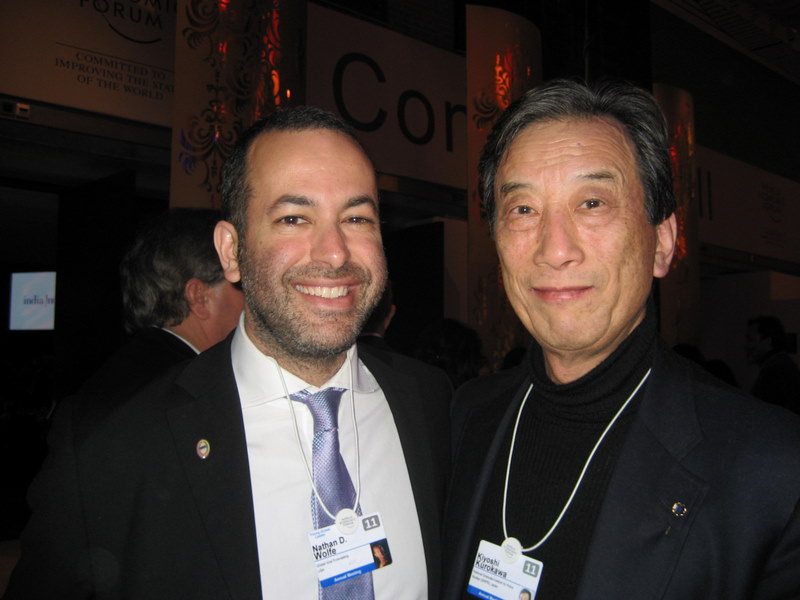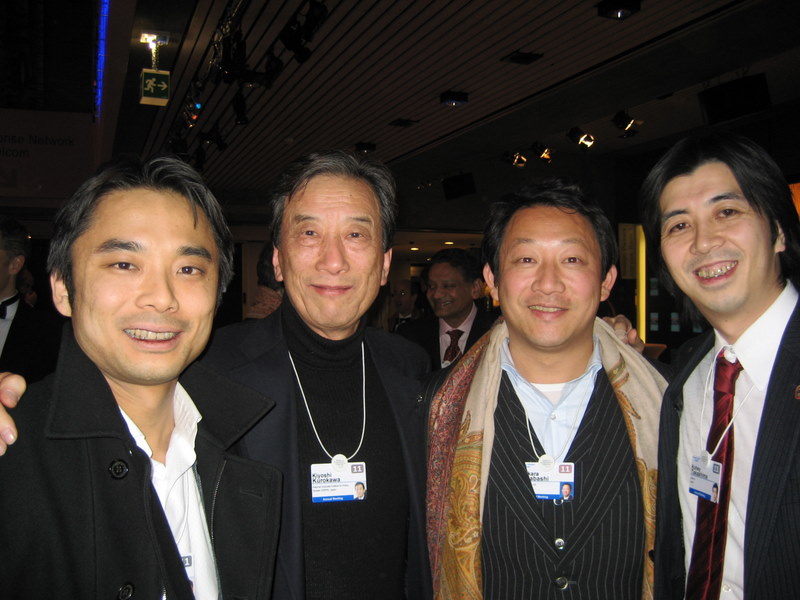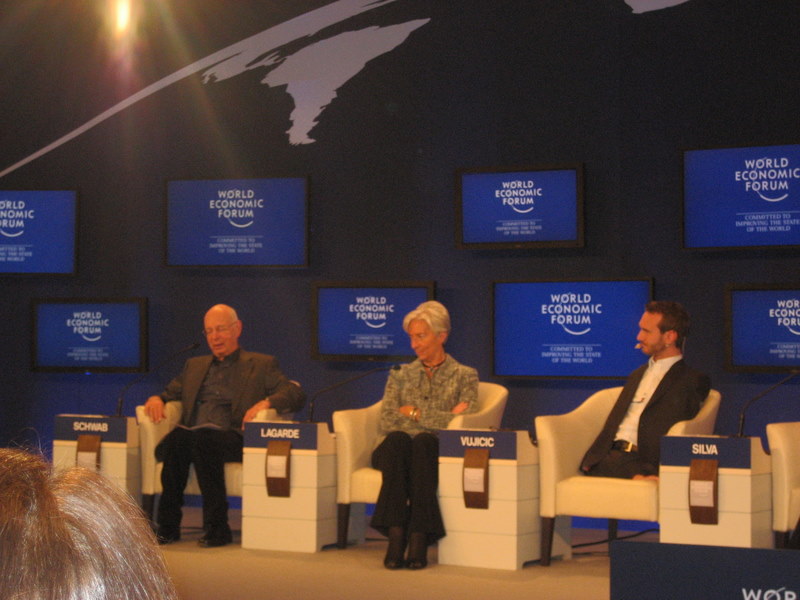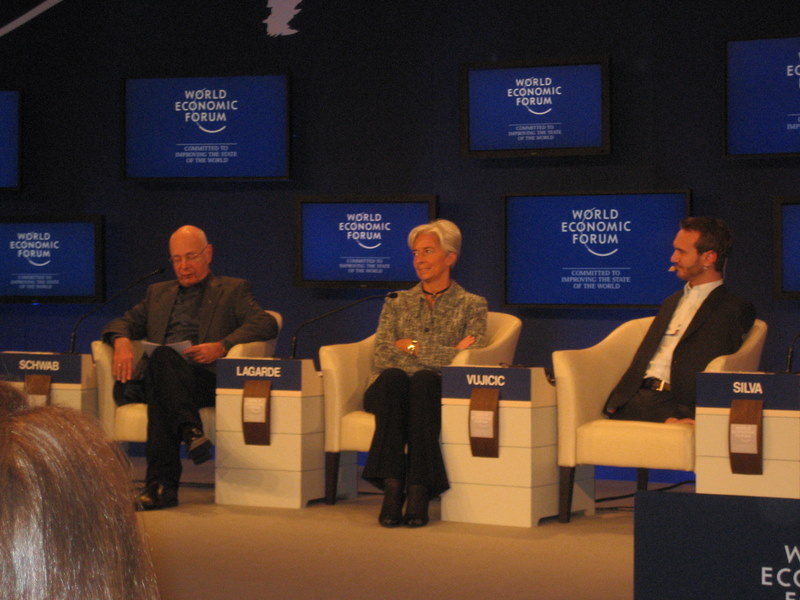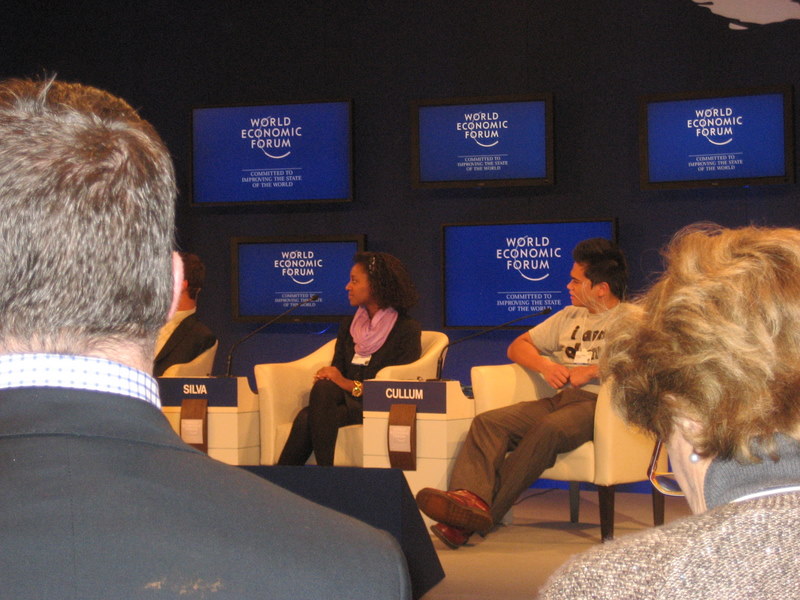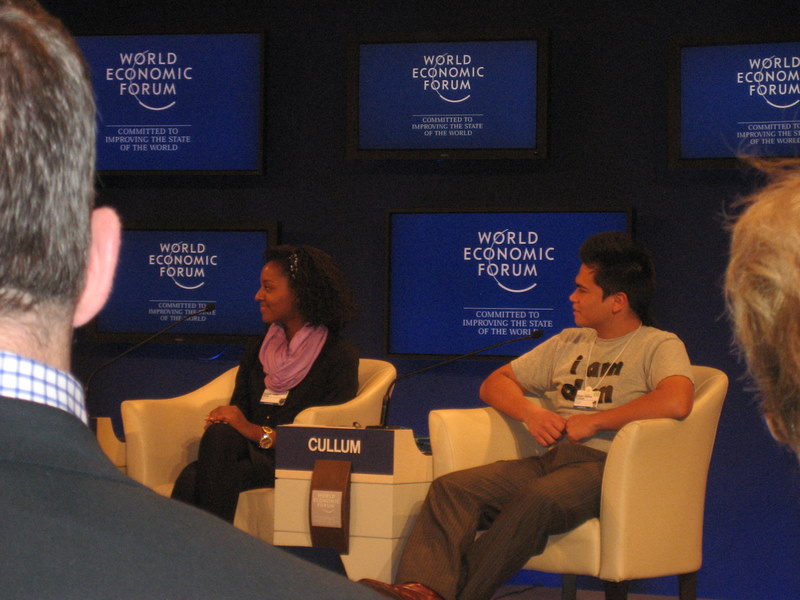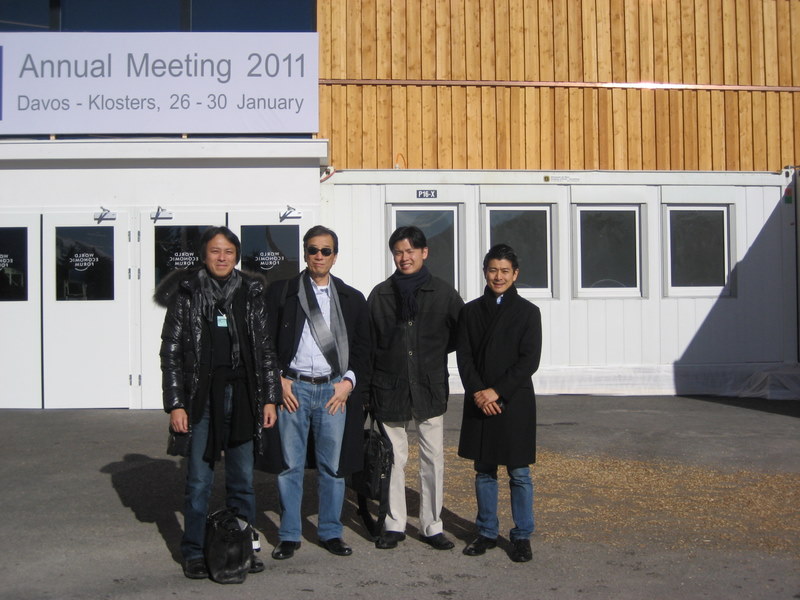The quake and tsunami caused unimaginable disaster or devastation; and on top of that the damage done to the Fukushima nuclear power plant is adding to the already enough troubles. At the time of such unexpected crises, whether in a nation or an organization, its true value – its strengths and weaknesses - will be uncovered. Because information is open in this web age, there is no way that you can hide anything from the world.
So, what are your thoughts?
During the first week ot two, Japanese television and newspapers repeatedly reported the horrible status of the tsunami hit areas, cities and towns. Were it not for the web, it was almost impossible even to imagine what was actually going on at the sites. To put it flatly, the coverage by the Japanese media seemed to be no different from the ‘The Official Government Briefings’ in Japan during the wartime (which has later become synonymous with ‘unreliable information source’). At the beginning, all coverage were the same in any newspapers or multiple television channels. Comments by the so-called ‘experts’ clearly reflected directions from backstage. The official statements by the government were announced through Mr. Edano, Vice Cabinet Minister, at the press meeting. Although I feel he has devoted his utmost efforts, because of the highly technical nature of the matter as well as the difficulty which the government seem to have in reaching to consensus, I find many of his comments difficult to comprehend. We must also understand that the press briefings by the Tokyo Electric Power Company (TEPCO) and Nuclear and Industrial Safety Agency (NISA) are also being closely watched not only by the Japanese but also by the world.
The media coverage of Japan is no good either. Basically they are all the same. Of course, the ‘Press Club System’ which is an antique is one problem (a kind of cronies club), but I find many questions that the reporters raise to be out of place, which is a waste of people’s limited time. I seriously think that the television crew should shoot the image of the people who raise questions, too.
The whole world is also watching how the Japanese government is handling this crisis. It is broadly known that Japanese as a language is not logical, however, given that premise, the world still thinks that the content of the press briefs by the official government is not giving or disclosing data or real substances.
Internationally, the handling of the nuclear power damages naturally has been a major point of concern, but we are disappointing them with incomprehensible explanations, unclear reports of what are happening. I even fear that now the credibility of Japan as a nation is facing the risk of meltdown.
Where is the ‘political leadership’ of Japan? Has it disappeared or has it never existed?
What are the weakness and strength of Japan? My analysis is that the local and front people working on the site are strong and have demonsrated their each own best efforts in hugely difficult circumstances, but the leaders, although they may be smart, are not capable of responding to crisis because, for one thing, they do not have on site experience of disasters.
As you know from my past postings, I follow The Economist, and more recently (after the quake) the New York Times and other global media for detailed information. Variety of views are introduced there, but as a whole, I think people are impressed with the quick actions taken by common Japanese people, firemen, the Self Defense Forces of Japan, NGOs, or the founders of companies. However, they are questioning and monitoring the risk management ability of the Japanese government, TEPCO, or NISA ? the executives of Japanese organizations.
1.http://www.voanews.com/english/news/asia/VOA-Reporters-Reflection-on-Japanese-Tragedy-119013669.html
2. http://www.economist.com/node/18441143?story_id=18441143
3.http://www.economist.com/blogs/babbage/2011/03/post-earthquake_nuclear_crisis&fsrc=nwl
It is our responsibility to create together a new Japan after spending in vain the ‘lost two decades’. I trust that this is the best way to honor our loved ones whose lives were so tragically taken away by this great disaster.
